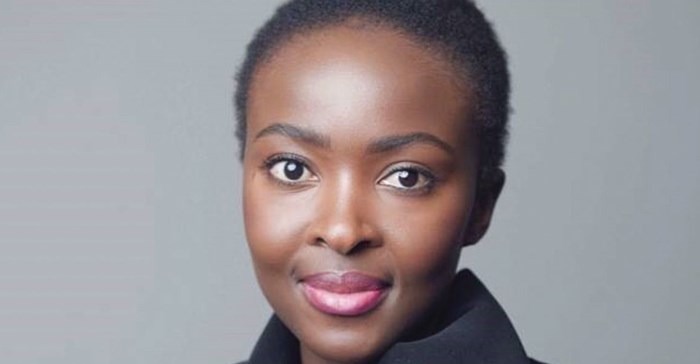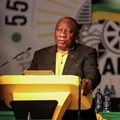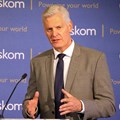Mamello Matikinca is lauded as as one of the youngest chief economists in South Africa's history, when she was appointed FNB's chief economist at the age of 29. She is also a member of the president's economic advisory council.

Source: Supplied. Mamello Matikinca, FNB's chief economist.
Known to help FNB and its clients navigate difficult economic periods, Matikinca was mindful of trying to keep her macro-economic forecast for the next two to five years balanced, but there was no sugar-coating her concerns for South Africa's near-term economic outlook.
She was speaking at FNB's rebranding media event.
"Coming into this year, inflation hit businesses because of supply-side disruptions and unfortunately, going into 2022 that wasn't really good-going. The situation was further compounded by the Ukraine/Russian war, which in essence we've all felt when we go to the shops and see how our purchasing power has been eroded.
"On the back of this, we've seen the central banks come through, and as a means of dealing with this inflation, they have been hiking interest rates quite aggressively. And we're not seeing it moderate inflation.
"Unfortunately for emerging markets and the countries with which we have relationships, this means ultimately currencies - and the rand - have depreciated quite significantly."
Loadshedding
"Unfortunately, load shedding during the past couple of months has intensified quite significantly," Matikinca said. "I think of the [SADC] countries which have migrant workers who work in the mines - and these mines are load shedding; and I think about the impact that has on their operating costs and the economy. We're worried about countries like Lesotho."
"I think that SA's near-term outlook is really going to be characterised by elevated inflation and monetary policy that's starting to increase, and financial conditions for lending hiking, which is not particularly good for countries that are highly indebted, because the cost of funding is going to be relatively high.
"We [at FNB] are worried about the weakness in the global economy and the euro area," she continued.
The silver lining
"As we emerge from the Covid-19 crisis and work towards solutions that will change the course of the country for the better - it won't all be smooth sailing." But we have to be patient.
"The global economy is coming out of the Covid-19 pandemic which we were all collectively affected by, particularly buyers and businesses. I am so glad that the services sector is starting to pick up and we're seeing that come through in rising employment numbers."
Anait Miridzhanian and Kopano Gumbi 15 Dec 2022
"For SA, load shedding is a near-term hurdle. The President has spoken quite in-depth about interventions to alleviate the crisis. It's going to take a little bit of time, and we can follow through.
"There is some opportunity for the medium term. I think of countries with which we have a relationship like Zambia, which I'm quite pleased is starting to grow.
"And I think Botswana and Namibia is a very good story to tell. We are quite optimistic about the reform agenda, and the need for governments around the world to recognise the need to diversify. I view their reform agendas they're embarking on in a positive light."
"Countries like Namibia recognise that economic diversification away from the production and export of primary commodities, is quite important in terms of its reform agenda.
"We are quite optimistic about the reform agenda, and the need for governments around the world to also recognise the need to diversify.
"That's certainly a positive for us as we improve ourselves in a changing world."
















































